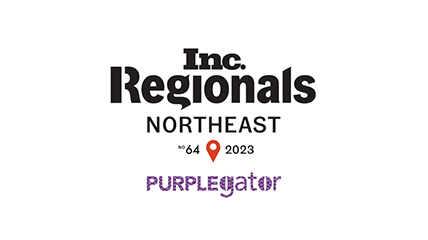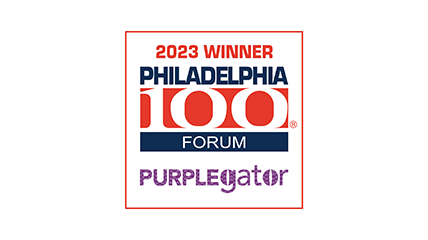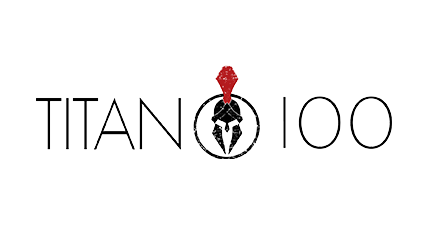Blog /
Mobile SEO

Most digital marketing professionals have heard of Google’s E-A-T: Expertise, Authority, Trust. If you want to improve your search engine rankings, boosting your EAT is crucial especially for mobile SEO. Bob Bentz, President of Purplegator has a great analysis of the E-A-T theory:
Expertise
Be an expert in what you love to do. The number one reason that consumers turn to Google or any of its competitors is that they have a problem to solve. Therefore, a site must show that it has expertise in your subject matter. Providing in-depth information is the way to make this happen. See why it’s so hard to rank higher than Web MD or Wikipedia?
Authority
Potential customers need to know that they are at a website that is giving them the right information. This is why it is so important to have positive reviews from third party sites that link back to your website (mobile SEO). It’s why Google My Business is so important to your business.
Trust
Trust is hard to gain, but easy to lose quickly. Consumers shy away from sites that are overly salesy or use linkbait. Become the recognized trusted source and the business will naturally come.
Now, here are some tips on how to optimize your mobile website for search engine optimization.

Search Intent and Mobile SEO
Effective search engine optimization is more than just choosing keywords. A huge part is understanding search intent. Some keywords can actually mean something unrelated to your business. Take the term “mobile marketing,” for example. In earlier days, the term actually meant the large mobile advertisements that drive up and down the Las Vegas Strip! Paying for a pay per click visitor for that product would not be beneficial to you.
There are four types of intent when it comes to search. Winning those keywords that are at the buying stage will be the most valuable to your business.
- Navigational Intent — In this case, consumers are looking for something specific, but have no idea of where to find it.
- Informational Intent — Consumers are looking for an answer to a problem.
- Commercial Intent — Doing research in the final stages of the buying process.
- Transactional Intent — At this point, consumers know what they want, and they are just looking for the best place to make the purchase.









